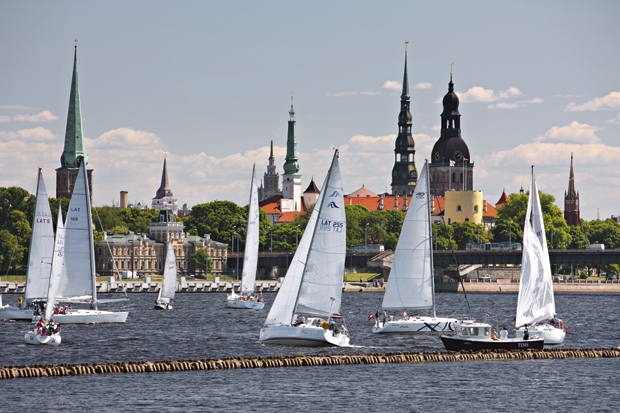As you enter the old KGB building, at the end of Freedom Street, the first thing that hits you is the cold. Outside it’s below freezing. Inside it’s even colder. The cells are in the basement, down a dank and narrow corridor. Upstairs are the offices where the KGB filed away the details of the men and women they kept below. In the foyer, where people used to come in to enquire about their next of kin (who might be dead or in Siberia or in a cell downstairs for all they knew), there’s a letterbox where visitors could leave incriminating memos about their neighbours. ‘During the Soviet occupation the State Security Agency imprisoned, tortured, killed and morally humiliated its victims in this building,’ reads a plaque outside. Since Latvia won its independence this art-nouveau apartment block has been empty. This year it will reopen, as part of Riga’s year as European Capital of Culture.

Get Britain's best politics newsletters
Register to get The Spectator's insight and opinion straight to your inbox. You can then read two free articles each week.
Already a subscriber? Log in







Comments
Join the debate for just $5 for 3 months
Be part of the conversation with other Spectator readers by getting your first three months for $5.
UNLOCK ACCESS Just $5 for 3 monthsAlready a subscriber? Log in